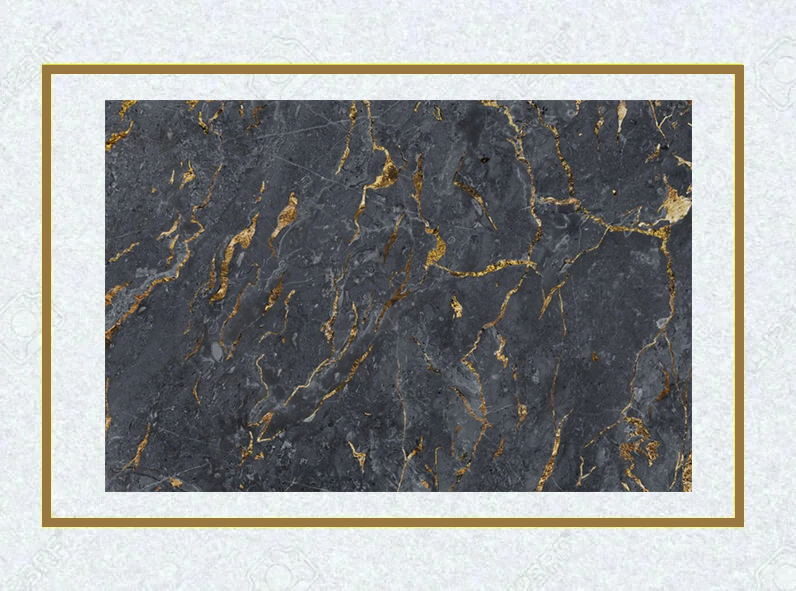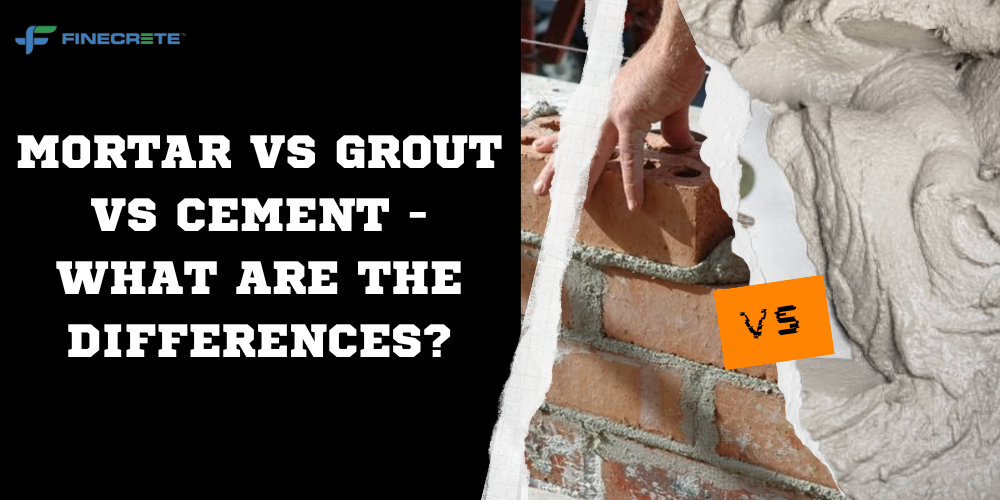Mortar, grout, and cement are three common building materials that are often used interchangeably. However, they have different compositions, applications, and properties.
What is Mortar?
Mortar is a mixture of cement, sand, and water that is used to bind building blocks such as bricks, stones, and concrete blocks together. Mortar from the best mortar suppliers in Himachal Pradesh is typically used in masonry applications such as building walls, chimneys, and retaining walls. It is applied between the building blocks to create a strong and durable bond.
Mortar can be further classified into different types based on its composition and application. For example, Type M mortar is a high-strength mortar that is used for load-bearing walls and foundations, while Type S mortar is a medium-strength mortar that is used for non-load-bearing walls.
What is Grout?
Grout is a mixture of cement, water, and fine sand or other additives such as polymers, colorants, and latex that is used to fill gaps between tiles, stones, or bricks. Grout is applied after the tiles or stones are laid in place to create a smooth and even surface. Grout can be used both indoors and outdoors, in areas such as bathrooms, kitchens, and patios.
Grout can also be classified into different types based on its composition and application. For example, sanded grout is used for wider joints between tiles or stones, while unsanded grout is used for narrower joints. Epoxy grout is a type of grout that is highly resistant to stains, water, and chemicals, making it suitable for areas that are prone to moisture and dirt.
What is Cement?
Cement is a binding material that is made from a mixture of limestone, clay, and other minerals that are heated to high temperatures in a kiln. Cement is the main ingredient in concrete, which is used in construction for foundations, floors, walls, and other structures.
Cement is available in different types, each with its own properties and applications. For example, Type I cement is used for general construction purposes, while Type II cement is used for projects that require moderate sulfate resistance.
Differences between Mortar, Grout, and Cement:
It is important to understand the differences between these materials to ensure that they are used appropriately in construction projects.
- Composition:
The composition of mortar, grout, and cement varies. Mortar is made of cement, sand, and water by the top mortar manufacturers in Himachal Pradesh, while grout is made of cement, water, and fine sand or additives. Cement is made of a mixture of limestone, clay, and other minerals.
- Application:
Mortar is used to bind building blocks together, while grout is used to fill gaps between tiles, stones, or bricks. Cement is used as a binding material in concrete.
- Strength:
Mortar and grout have different strength levels depending on their type and application. Mortar is typically stronger than grout, as it is used for load-bearing structures. Cement, on the other hand, can vary in strength depending on its type and application.
- Appearance:
Mortar and grout have different textures and colors. Mortar is typically a rough and grainy texture, while grout is a smooth and even texture. Grout can also be dyed to match the color of the tiles or stones, while the mortar is typically gray.
Conclusion:
As evident, mortar, grout, and cement are three distinct building materials with different compositions, applications, and properties. Mortar is used to bind building blocks together, grout is used to fill gaps between tiles or stones, and cement is used as a binding material in concrete.






